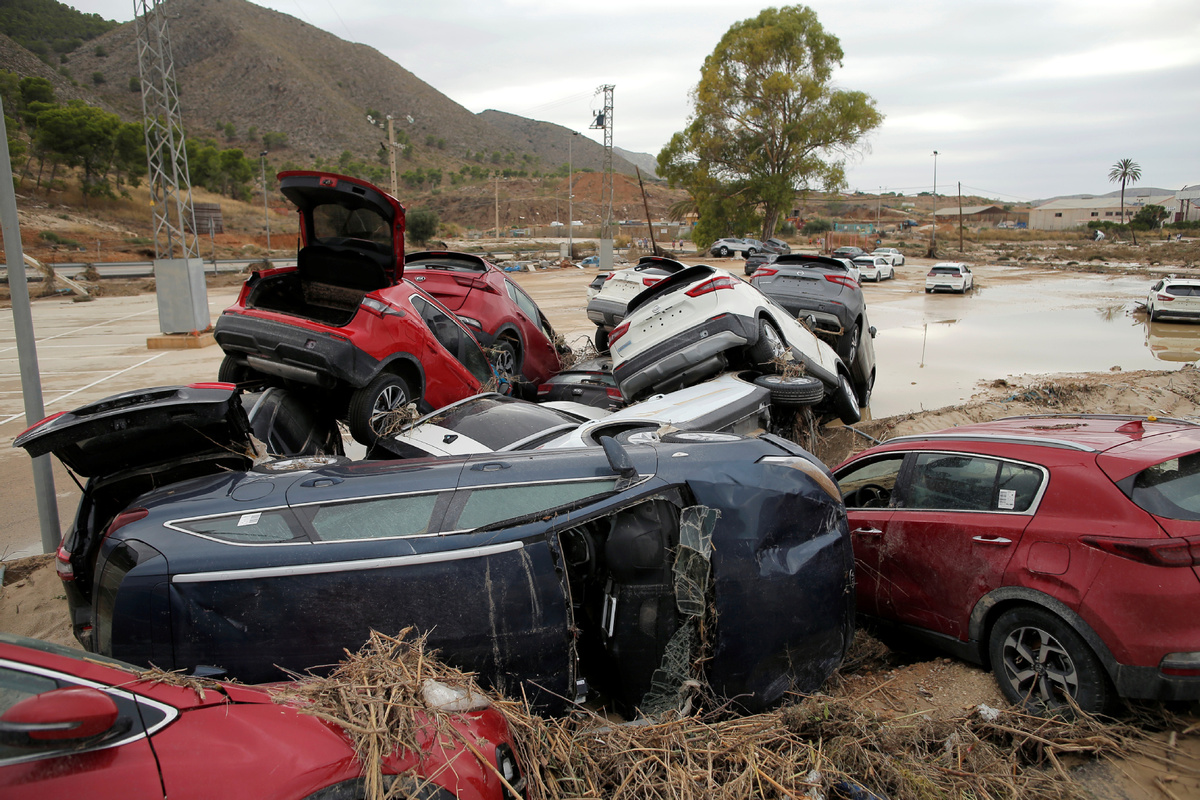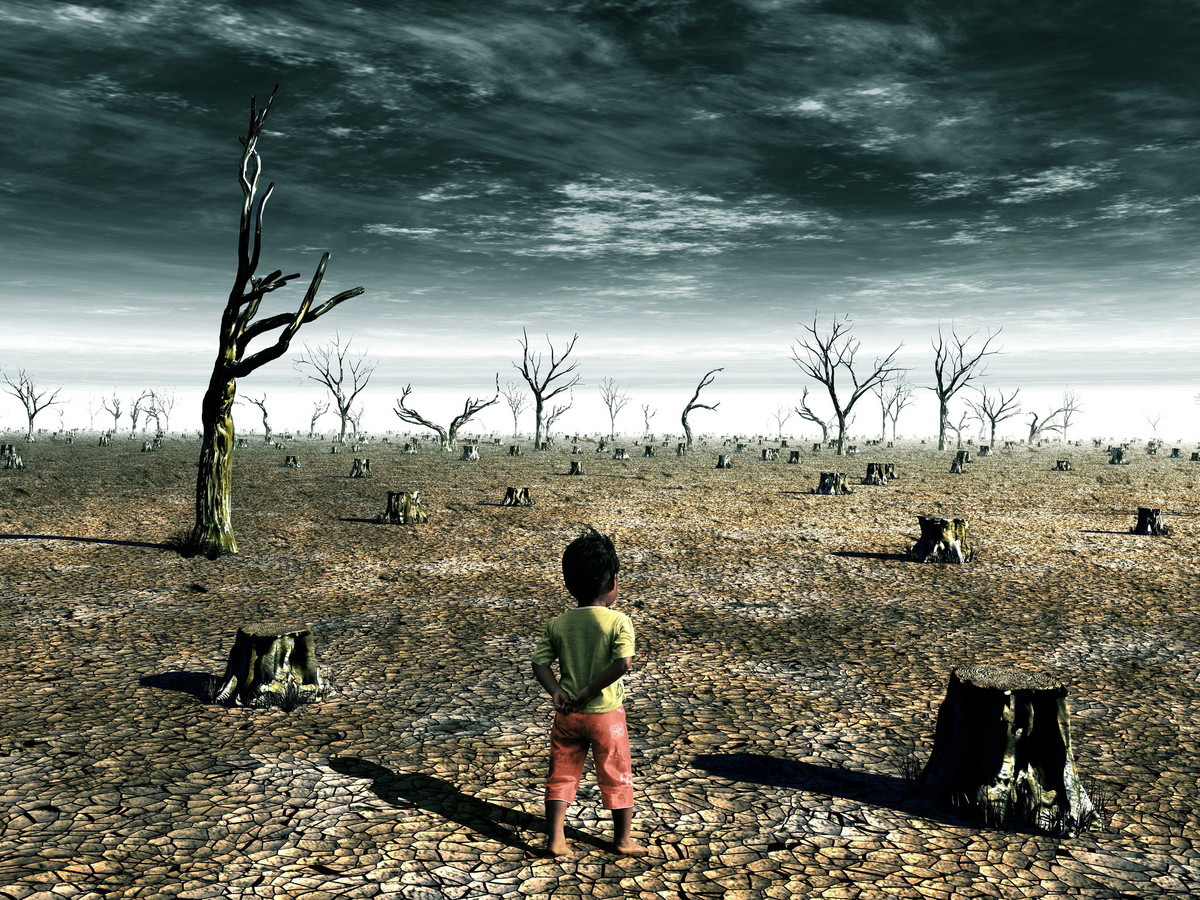Be scared, scientist warns over climate
By JONATHAN POWELL | China Daily | Updated: 2019-09-19 09:26

A leading scientist in the United Kingdom has claimed extreme weather events linked to climate change are occurring sooner than expected and said it is "appropriate to be scared".
Professor David King, who advised the government on scientific issues for almost eight years, called for the UK to bring forward its climate change targets by 10 years.
"We predicted temperatures would rise, but we didn't foresee these sorts of extreme events we're getting so soon," King told the BBC.
However, the United Nations' weather chief said using words like "scared" could make young people depressed and anxious.
In one of her last acts as British prime minister, Theresa May set a legally binding target to cut greenhouse gasses to net-zero by 2050 in June.
King said events such as hurricane Dorian this year were most likely the result of climate change. "What is the likelihood that (Dorian) is a climate change event? I'm going to say 'very high'," he said.

"I can't say that with 100 percent certainty, but what I can say is that the energy from the hurricane comes from the warm ocean and if that ocean gets warmer we must expect more energy in hurricanes."
He added: "If you got in a plane with a one in 100 chance of crashing you would be appropriately scared.
"But we are experimenting with the climate in a way that throws up probabilities of very severe consequences of much more than that."
Polar scientist Andrew Shepherd, from Leeds University, agreed with King's assessment, but told the BBC that scientists should normally avoid emotional terms: "I would not use the term (scary) in general, but it is certainly surprising to see record (or near record) losses of ice. 2019 has been a bad year for Earth's ice."
The broadcaster's report states that some scientists believe their communications in the past have been failing to provoke an emotional response that would convince the public to act.
Gerald Meehl, a senior scientist at the US National Center for Atmospheric Research in Boulder, Colorado, said: "I have a sense of the numbing inevitability of it all."
Petteri Taalas, who is secretary-general of the United Nations' World Meteorological Organization, said he wants to "stick to the facts" and that these are "quite convincing and dramatic enough".
























